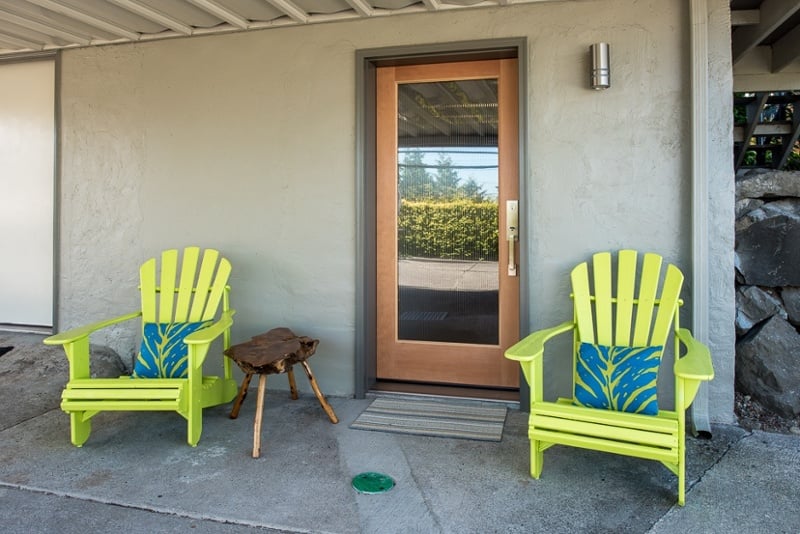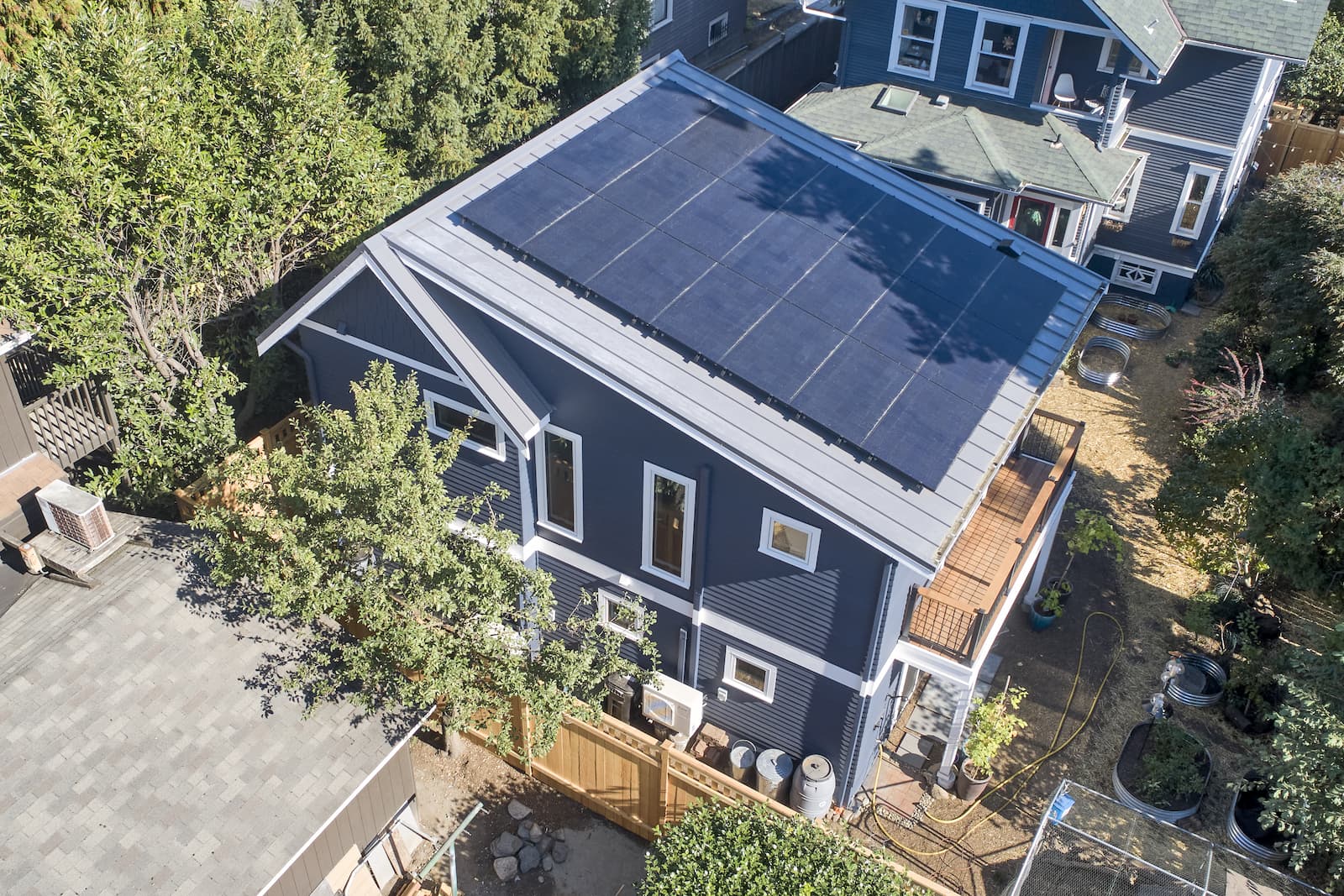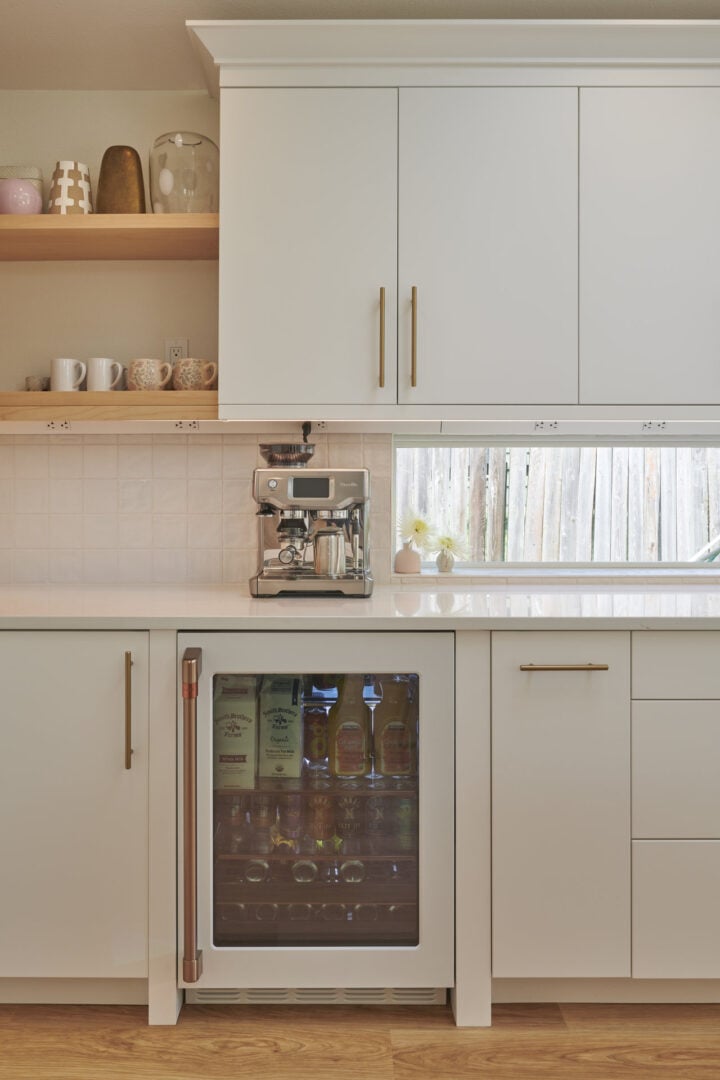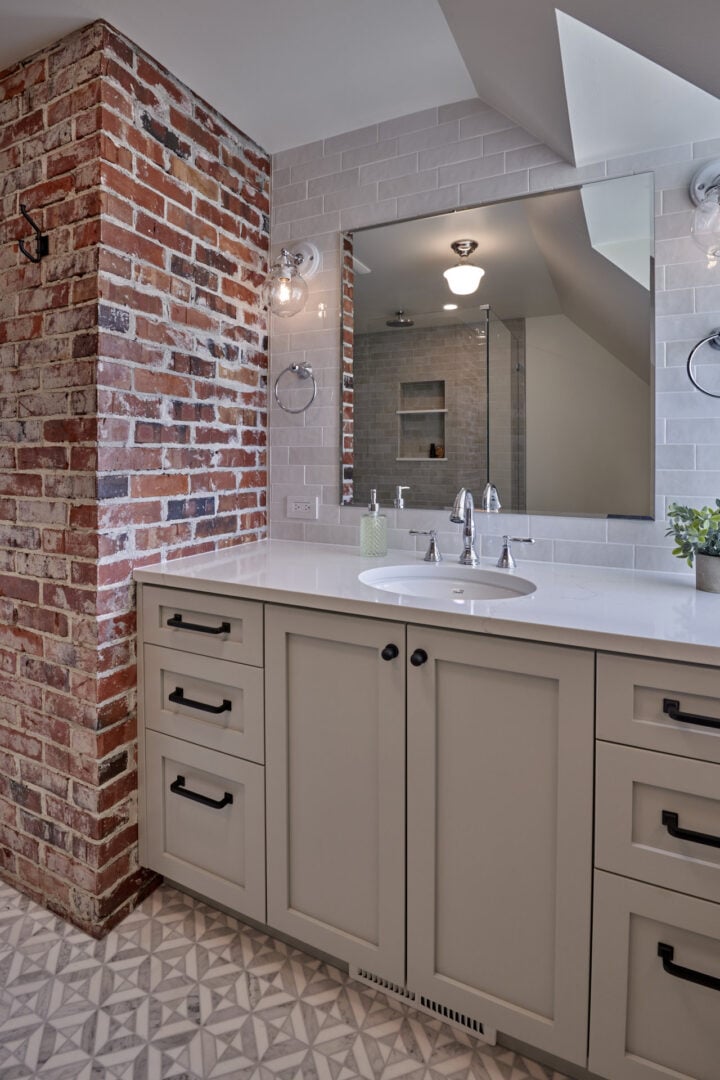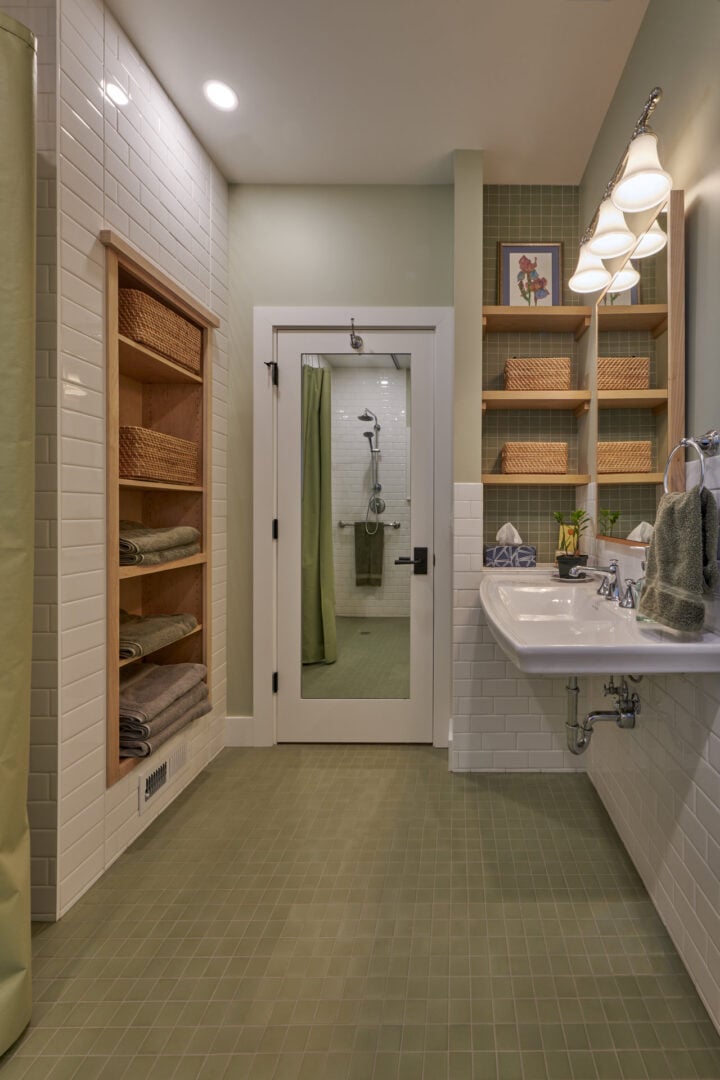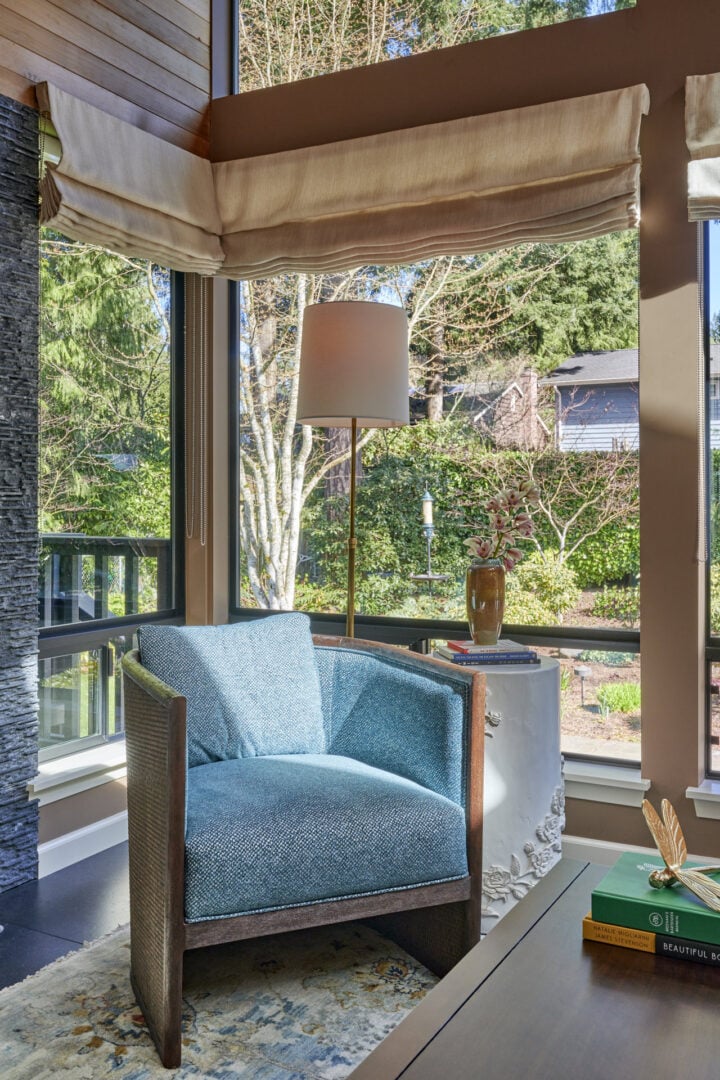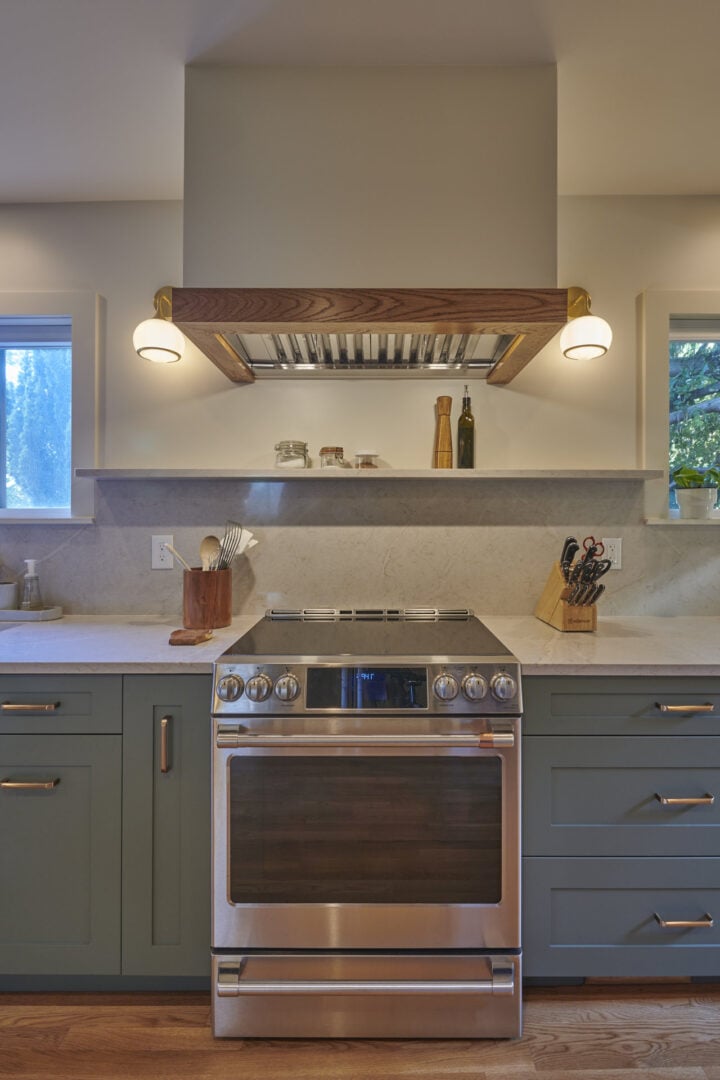Planning to rent your backyard cottage or ADU (accessory dwelling unit)?
Renting your property is a great way to earn additional income. Before starting your journey, it pays to understand all the essentials of managing an ADU rental. That’s why we put together this helpful guide. Read on to learn about the key aspects of renting your backyard cottage or ADU in Seattle.
See also: The Ultimate Guide to Backyard Cottages
1. Comply with local ADU design rules
Your first step is to make sure that your ADU complies with Seattle’s Municipal Code. Seattle recently updated its regulations for backyard cottages and ADUs. Here are a few of the highlights:
- The minimum lot size for a backyard cottage is 3,200 square feet in single-family zones. The minimum lot width is 25 feet.
- The maximum square footage of a backyard cottage is now 1,000 square feet.
- Building height can be up to 25 feet, depending on the roof design and lot size.
- Dedicated off-street parking is no longer required.
- The owner of the property need not live in the main house or in the backyard cottage.
- In addition to your main house, you can build one backyard cottage and one attached ADU or no backyard cottage and two ADUs.
- Your ADU needs to meet all the Seattle building, electrical, energy, mechanical, and residential codes. You should also check the compliance with environmentally critical areas (ECA) code.
See also: Can I Build a Backyard Cottage? Seattle’s 2019 Rules Make It Easier
2. Understand Seattle’s regulations and fees
As a landlord in Seattle, you have to comply with the limits set on the amount of money you can charge a tenant. Caps have been set for move-in fees, pet deposits, and security deposits.
Follow these rules:
- Security deposit and move-in fees combined cannot exceed the first month’s rent.
- A landlord can charge a pet damage deposit, but it cannot exceed 25% of the first full month’s rent.
- Move-in fees cannot exceed 10% of the first full month’s rent, except if the actual cost
for obtaining a tenant screening report, criminal background check, or credit report exceeds 10%. However,
the total amount of a security deposit and move-in fees cannot exceed the amount of the first full month’s rent. - Move-in fees can only be charged for a tenant screening report, criminal background check, or credit report, and to pay to clean the rental unit upon termination of a tenancy.
- After a tenant moves out, a landlord has 21 days to return a deposit, or give the tenant a written statement of why all or part of the money is being kept.
See also: Sheds, Garages & Backyard Cottages: Seattle’s Accessory Buildings Rules
3. Draft a lease agreement
Proper lease agreements cover all the key issues. When you draft an agreement, add all the possible clauses that could make your life easier in the future.
Cover the terms on the security deposit, rent amount, entry, alterations, maintenance, occupancy limit, and termination. Always have a written agreement instead of an oral agreement. You may want to consult an attorney to avoid potential problems.
4. Collect rent
Rent collection starts with a lease agreement that sufficiently covers the rent collection procedures. Offer payment methods that make it convenient for your tenants to pay rent.
Have a plan for late or failed payments. The lease agreement should outline the consequences of delayed or completely failed payments. Study Seattle’s tenant eviction laws for dealing with the most complicated situations.
See also: Monetize Your Home
5. Settle disputes
The best way to deal with disputes is to prevent them in the first place. Understanding all the relevant laws and regulations allows you to become better and more knowledgeable at self-managing.
Experienced landlords consider the alternatives before turning to the court system. Sometimes disputes can easily be settled out of court. This approach saves time and reduces stress for both sides of the contract.
6. Obtain adequate insurance
Rental property insurance is a must for every landlord. Weigh the options available on the market to find the best offer for your needs. Consider the following points when evaluating insurance plans:
- How much coverage does the insurance offer on property damage?
- Does the insurance replace lost items? Is there a possibility to receive the value amount in cash?
- Which insurance plans cover legal liabilities? What are the associated terms and conditions?
- Do you want to add flood coverage?
- How much does it cost to include loss-of-income protection? What are the terms for this coverage?
7. Consider hiring a professional property management company
Your Seattle backyard cottage or ADU rental investment could benefit from the services of a professional property management company. As a landlord, you have to choose between self-managing or hiring a property manager.
Let’s take a closer look at the pros and cons of self-managing versus hiring a company.
Pros of self-managing your property
No fees
When you work together with a property management company, you need to pay fees. This cost could be a fixed fee or a percentage of your monthly rental income.
Complete control
Self-managing is a great option for people who need to feel complete control over their investment at all times. This means that you are responsible for maintenance, screening, repairs, marketing, and every other landlord duty.
Cons of self-managing your property
Less time
New landlords are often surprised at the amount of time self-managing really takes. The number of tasks that pile up over time is too much to handle for many people.
Legal issues
Being a landlord means you need to understand the ins and outs of the relevant laws and regulations. Eviction problems, especially, have a high risk of backfiring as costly legal consequences to the landlord.
Risk of higher costs
While you may save on property management fees, there’s no doubt that professionals know how to optimize the budget for maximum profit. And they are likely to have local partners who offer better rates for bulk service orders.
Pros of hiring a professional property management company
Experience and expertise
When you work with a professional property manager, you stand to benefit from their long-term experience. This expertise is reflected in informed decisions and established relationships with vendors.
More time and less stress
One of the major advantages of partnering with a property manager is the time you’ll free up. Additionally, you don’t have to deal with all the stress and worries that result from self-managing.
Lower vacancy rates
Property management companies work to reduce your vacancy rates to a minimum. This is achieved by combining offline and online marketing techniques and using strict tenant screening protocols.
Cons of hiring a professional property management company
Property management fees
Every contract with a property management company entails fees. Usually, you have to pay a percentage of your monthly rental income. In most cases, this fee amounts to 13% to 15%.
Low service standards
Not all property managers hold their partners accountable for providing high-quality services. Always make sure that your property management company has strict quality standards for the services they buy from others.
Lack of commitment
Ideally, your property manager is a reliable partner who aims to grow your investment. When you fail to conduct adequate research, you might work with a company where people only care about receiving the monthly fee.
Conclusion
Renting your backyard cottage or ADU in Seattle can be a great source of extra income. As with any other major life decision, you should understand all the basics before making the move.
- Establish rent collection procedures
- Comply with all Seattle ADU regulations
- Weigh the pros and cons of self-managing versus hiring a company
- Learn the laws and rules for landlords in Seattle
- Draft a lease agreement that provides legal protection
- Know how to settle disputes with your tenants
- Get rental property insurance
If you are interested in adding an ADU or backyard cottage to your Seattle home, or converting an existing structure to a backyard cottage, please get in touch. We would love to discuss your unique situation and design a structure that can earn rental income for decades to come.
This post is from guest contributor Kellie Tollifson, from T-Square Properties. For more information about how you can create an ADU as part of a remodel or addition project, please feel free to contact us at CRD. We are always happy to help.
